Hindu Cult or Divine Culture?
By A. C. Bhaktivedanta Swami Srila Prabhupada founder and philosophical authority of the International Society for Krishna Consciousness.
There is a misconception that the Kṛṣṇa consciousness movement represents the Hindu religion. In fact, however, Kṛṣṇa consciousness is in no way a faith or religion that seeks to defeat other faiths or religions. Rather, it is an essential cultural movement for the entire human society and does not consider any particular sectarian faith. This cultural movement is especially meant to educate people in how they can love God.
Kṛṣṇa consciousness is in no way a faith or religion
Sometimes Indians both inside and outside of India think that we are preaching the Hindu religion, but actually we are not. One will not find the word Hindu in the Bhagavad-gītā. Indeed, there is no such word as Hindu in the entire Vedic literature. This word has been introduced by the Muslims from provinces next to India, such as Afghanistan, Baluchistan, and Persia. There is a river called Sindhu bordering the northwestern provinces of India, and since the Muslims there could not pronounce Sindhu properly, they instead called the river Hindu, and the inhabitants of this tract of land they called Hindus. In India, according to the Vedic language, the Europeans are called mlecchas or yavanas. Similarly, Hindu is a name given by the Muslims.
There is no such word as Hindu in the entire Vedic literature
India’s actual culture is described in the Bhagavad-gītā, where it is stated that according to the different qualities or modes of nature there are different types of men, [and women], who are generally classified into four social orders and four spiritual orders. This system of social and spiritual division is known as varṇāśrama-dharma.
The four varṇas, or social orders, are
brāhmaṇa
kṣatriya
vaiśya
śūdra
[priestly, warrior, business, and labor class].
The four āśramas, or spiritual orders, are
brahmacharya
gṛhastha
vānaprastha
sannyāsa
[student, married, retired, and renounced orders].
The varṇāśrama system is described in the Vedic scriptures known as the Purāṇas. The goal of this institution of Vedic culture is to educate every man [and woman], for advancement in knowledge of Kṛṣṇa, or God. That is the entire Vedic program.
Vedic culture is to educate every man and woman, for advancement in knowledge of Kṛṣṇa, or God.
When Lord Caitanya talked with the great devotee Rāmānanda Rāya, the Lord asked him, “What is the basic principle of human life?” Rāmānanda Rāya answered that human civilization begins when varṇāśrama-dharma is accepted. Before coming to the standard of varṇāśrama-dharma there is no question of human civilization. Therefore, the Kṛṣṇa consciousness movement is trying to establish this right system of human civilization, which is known as Kṛṣṇa consciousness, or daiva-varṇāśrama – divine culture.
Therefore, we are not preaching the present-day system of the Hindus.
In India, the varṇāśrama system has now been taken in a perverted way, and thus a man born in the family of a brāhmaṇa (the highest social order) claims that he should be accepted as a brāhmaṇa. But this claim is not accepted by the śāstra (scripture). One’s forefather may have been a brāhmaṇa according to gotra, or the family hereditary order, but real varṇāśrama-dharma is based on the factual quality one has attained, regardless of birth or heredity. Therefore, we are not preaching the present-day system of the Hindus, especially those who are under the influence of Śaṅkarācārya, for Śaṅkarācārya taught that the Absolute Truth is impersonal, and thus he indirectly denied the existence of God.
People should not think that we are preaching a sectarian religion. No. We are simply preaching how to love God. There are many theories about the existence of God. The atheist, for example, will never believe in God. Atheists like Professor Jacques Monod, who won the Nobel Prize, declare that everything is chance (a theory already put forward long ago by atheistic philosophers of India such as Carvaka).
We cannot accept the theory that there is no plan for human life or that everything is born of chance and material necessity.
This modern caste system is now condemned
Śaṅkarācārya’s theory that there is no God and that one can go on with his work and imagine God in any form just to keep peace and tranquillity in society is also more or less based on this idea of chance and necessity. Our way, however, which is completely different, is based on authority. It is this divine varṇāśrama-dharma that Kṛṣṇa recommends, not the caste system as it is understood today. This modern caste system is now condemned in India also, and it should be condemned, for the classification of different types of men according to birth is not the Vedic or divine caste system.
There are many classes of men in society – some men are engineers, some are medical practitioners, some are chemists, tradesmen, businessmen, and so on. These varieties of classes are not to be determined by birth, however, but by quality. No such thing as the caste-by-birth system is sanctioned by the Vedic literature, nor do we accept it. We have nothing to do with the caste system, which is also at present being rejected by the public in India. Rather, we give everyone the chance to become a brāhmaṇa and thus attain the highest status of life.
The Kṛṣṇa consciousness movement has nothing to do with the Hindu religion or any system of religion
The ultimate goal of this movement is to educate people in how to love God. Caitanya Mahāprabhu approves the conclusion that the highest perfection of human life is to learn how to love God. The Kṛṣṇa consciousness movement has nothing to do with the Hindu religion or any system of religion. No Christian gentleman will be interested in changing his faith from Christian to Hindu. Similarly, no Hindu gentleman of culture will be ready to change to the Christian faith. Such changing is for men who have no particular social status. But everyone will be interested in understanding the philosophy and science of God and taking it seriously. One should clearly understand that the Kṛṣṇa consciousness movement is not preaching the so-called Hindu religion. We are giving a spiritual culture that can solve all the problems of life, and therefore it is being accepted all over the world.
Abridged from the original, printed in the Science of Self Realization.
HERE is the link to the original article. Please scroll down to the section Hindu Cult or Divine Culture?

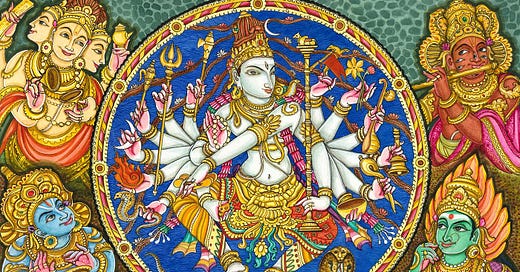



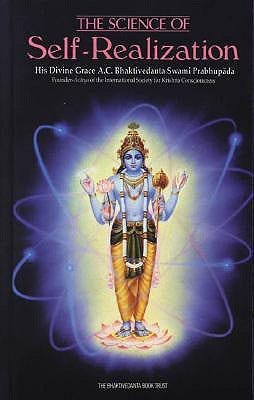

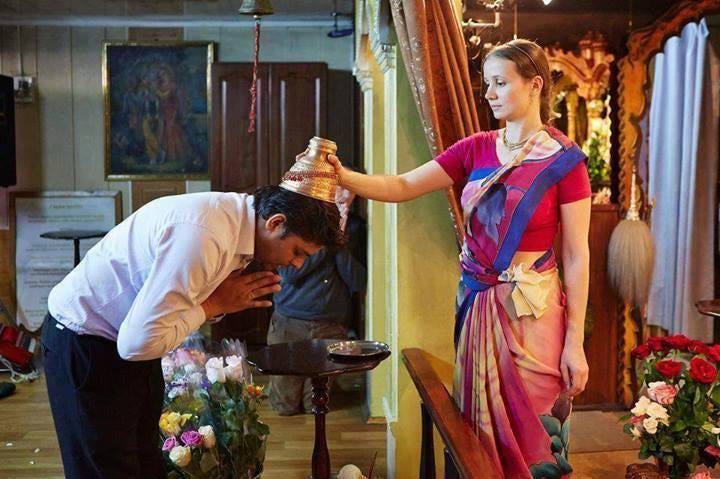
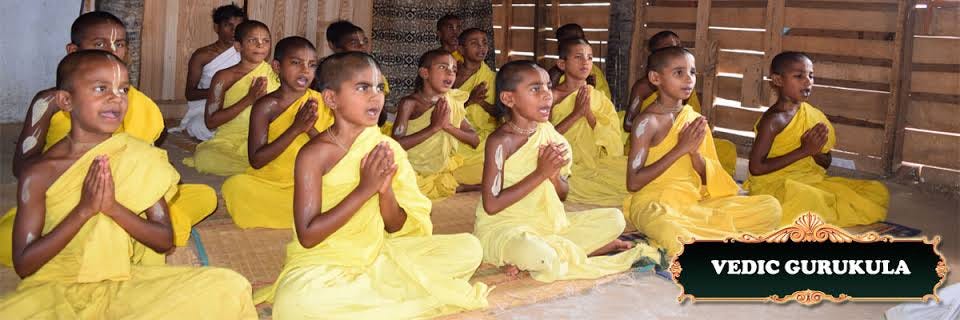
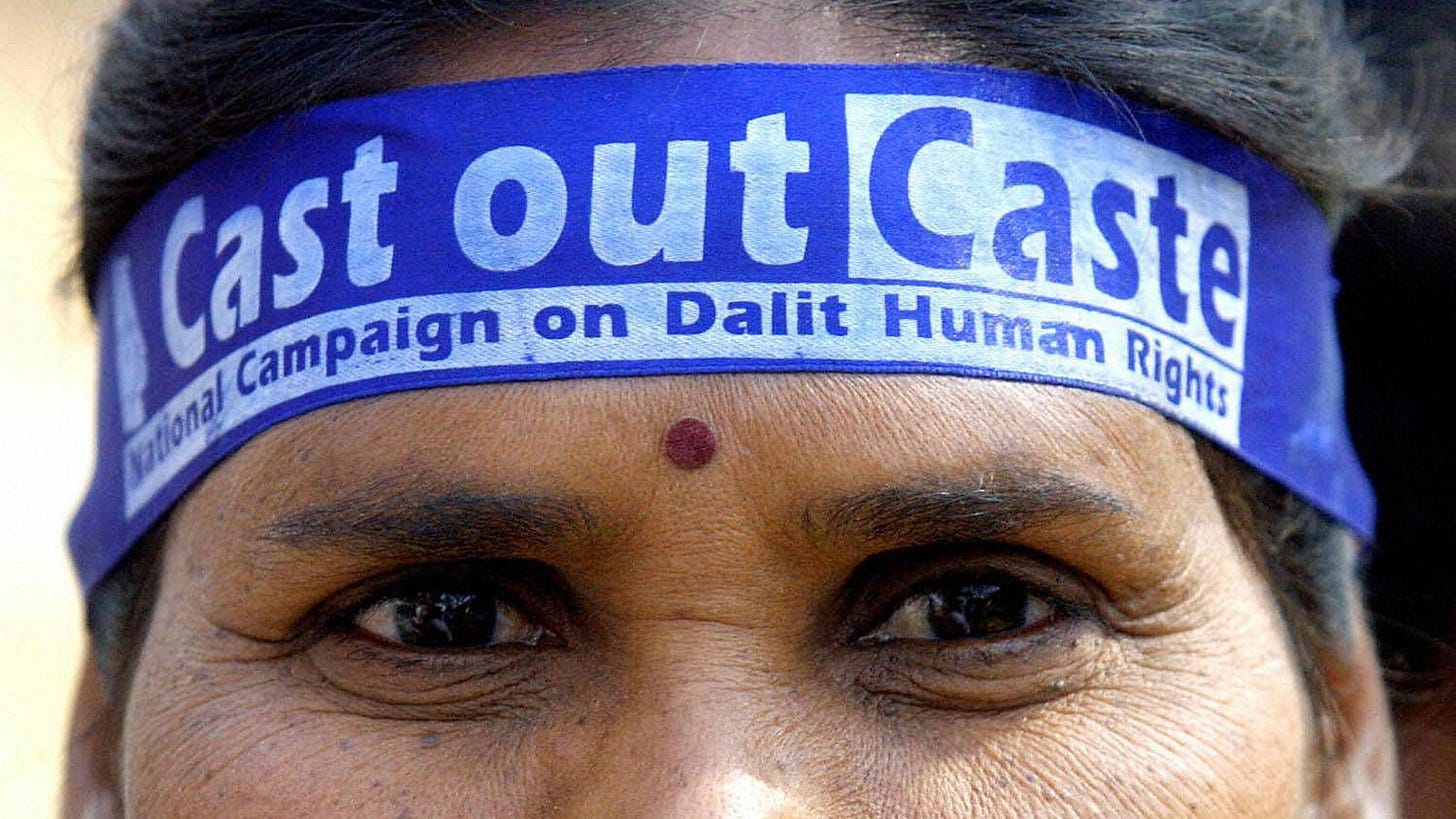

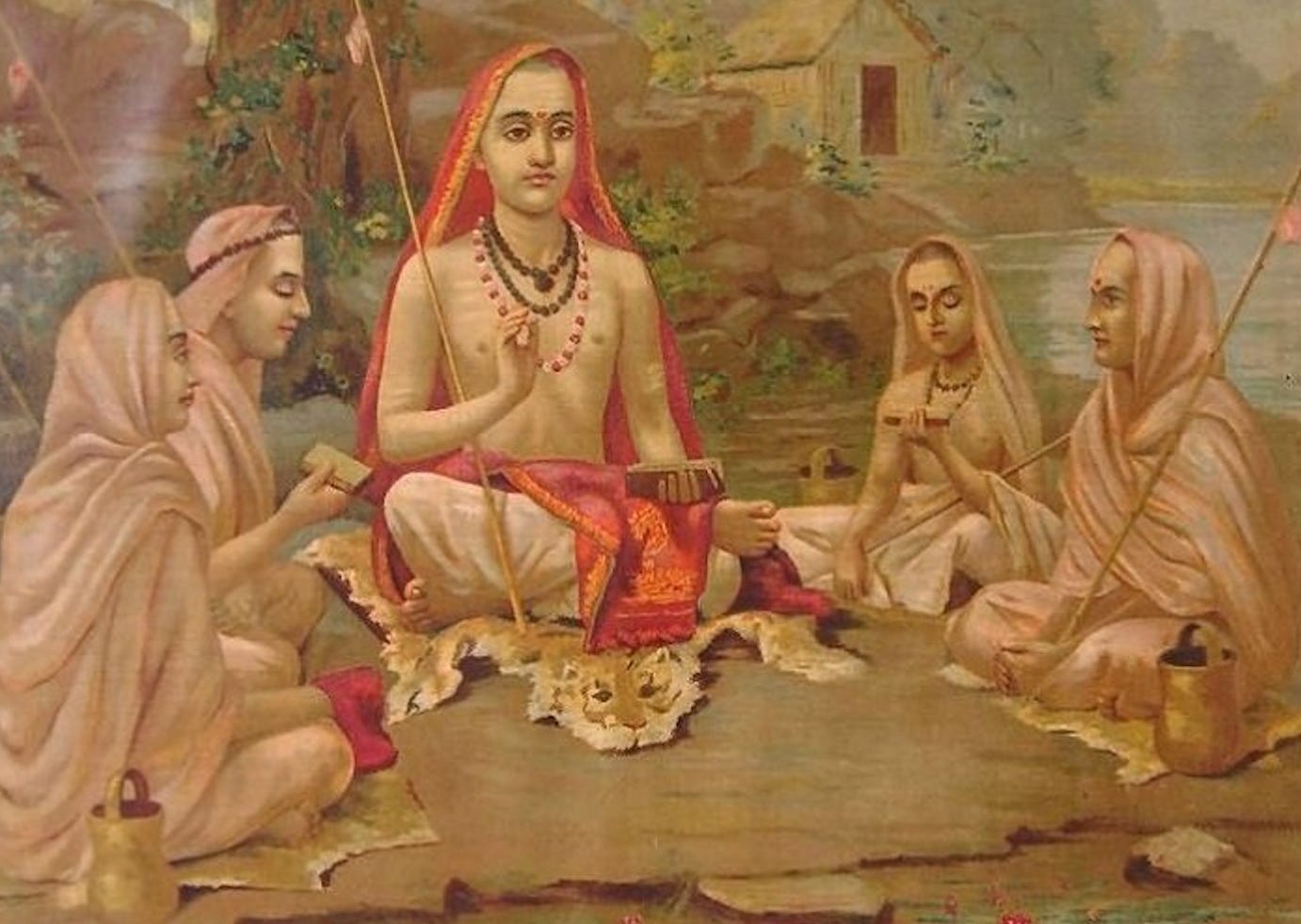
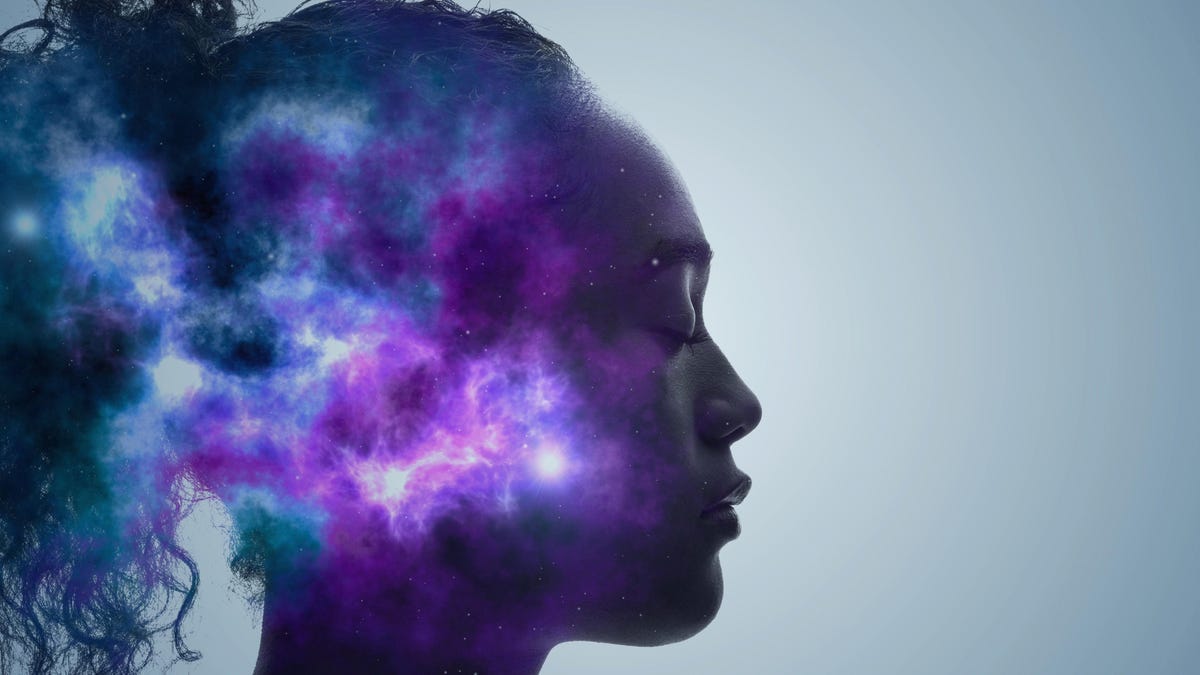


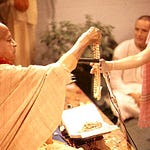
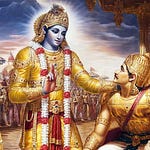
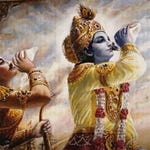
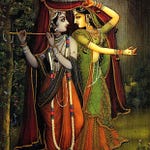
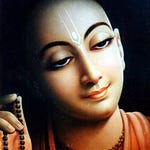
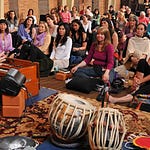

Share this post